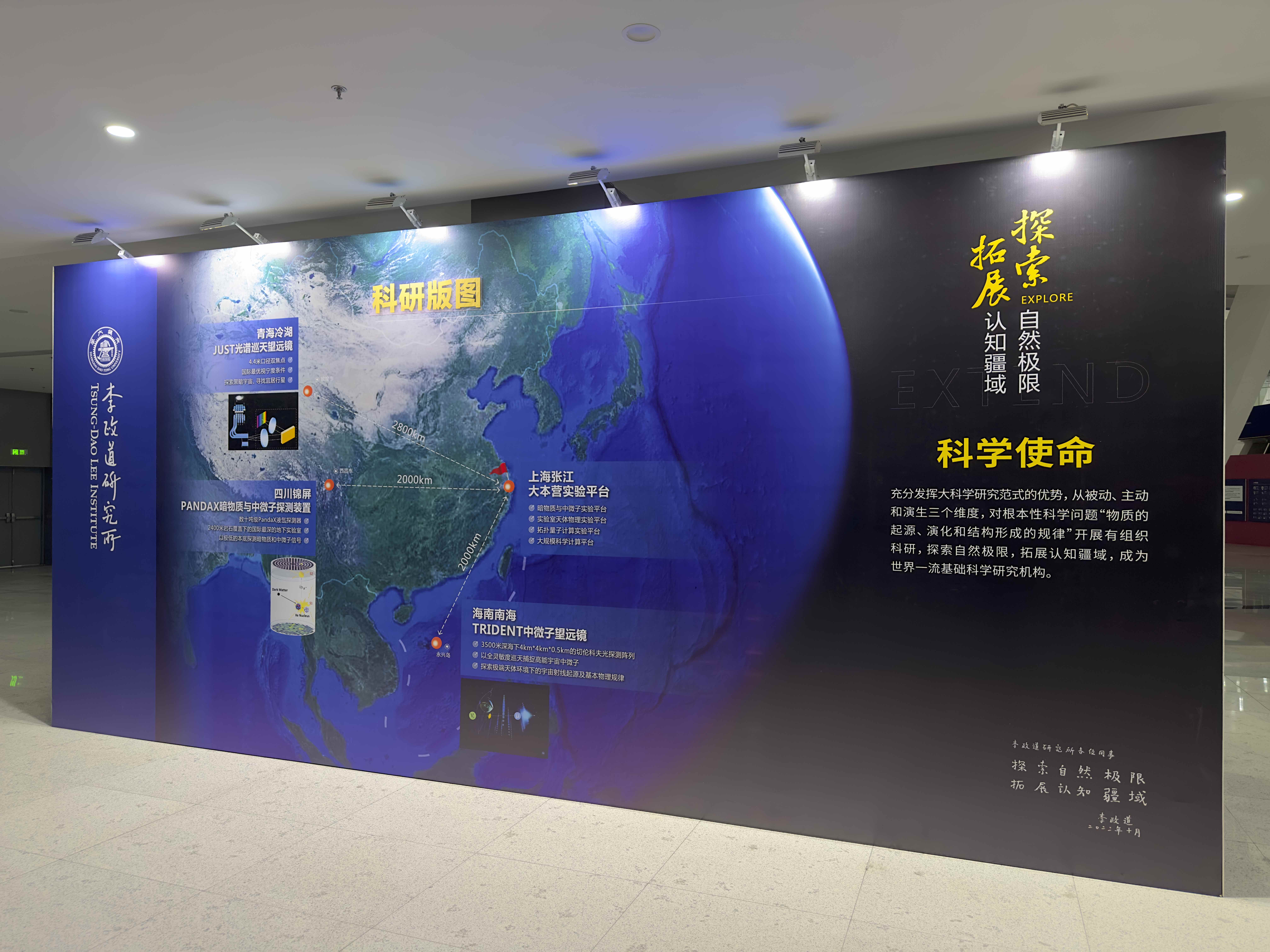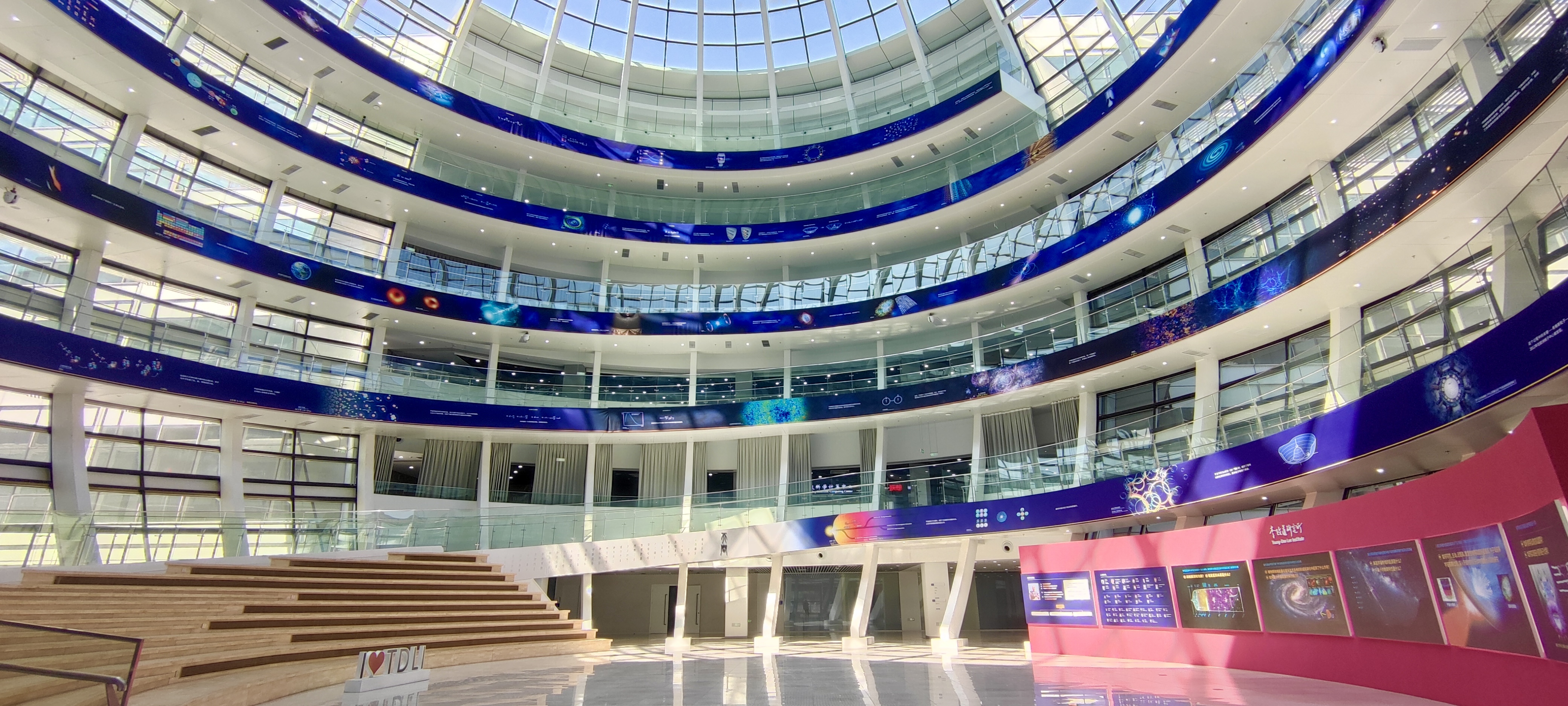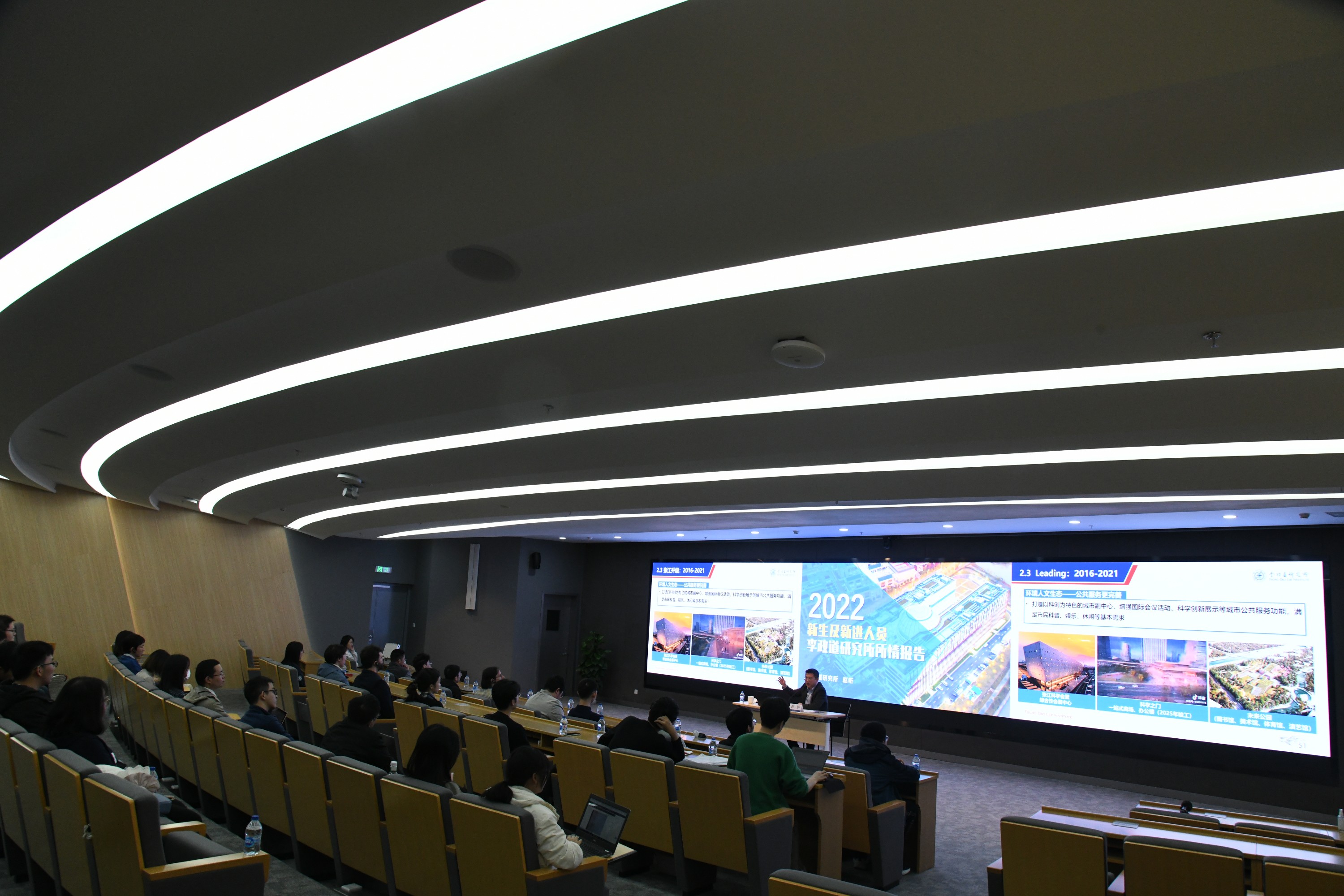This workshop aims to bring together a group of experts in nuclear and particle theory/experiments, gravitational wave and electromagnetic astronomy, nuclear astrophysics, nucleosynthesis, numerical relativity and simulations to explore fundamental details of the states of ultra-dense matter on the QCD phase diagram which govern the physics of neutron stars (NSs).
Multi-messenger observations of neutron stars are pushing forward enormous efforts to constrain the high-density equations of state (EOSs) and to understand the phase structures of ultra-dense matter. These include, but not limited to the precise determination of pulsar masses through radio observations, simultaneous mass and radius measurements based on the modeling of geometry and temperature of hotspots on rapidly-rotating pulsars, estimates on the surface luminosities of accreting and isolated neutron stars from their x-ray emissions, neutrino signals that are expected from future galactic core-collapse supernova events, and most remarkably gravitational-wave detections of binary neutron-star mergers which essentially narrow down the range of compactness/tidal deformability of these extremely compact objects, accompanied by follow-up electromagnetic counterparts that carry unprecedented information on the composition and properties of their neutron-rich ejecta.
On the other hand, recent and planned experiments from terrestrial laboratories are playing a pivotal role in setting limits to the low- to intermediate-density EOS as well as investigating transport properties of the relevant degenerate systems. Furthermore, advances in theory and simulations are beginning to provide valuable new insights about physical processes in NSs, including efforts to identify and characterize observable signatures of exotic phases such as hypernuclei and nuclear pasta, strange hyperons, kaon/pion condensates, deconfined quarks, quarkyonic matter, stellar superfluidity and superconductivity, or even signatures of dark matter and new physics beyond the standard model (BSM).
Interpreting and connecting these different aspects of study would require cross-disciplinary endeavor involving communities working on various related subfields, a chief goal of this workshop. We anticipate 40-50 participants from diverse backgrounds, and junior researchers are particularly encouraged to apply. The schedule will include a main program to be held from morning March 29 until noon April 3, typically with a few selected talks each day followed by plenty of time for informal extensive discussion in the spirit of exchanging ideas and stimulating collaborations, and a special pre-workshop satellite meeting on March 28 focussing on latest developments and highlights in low-energy nuclear theory/experiments and heavy-ion collisions.
The workshop will be conducted in English with a registration fee of 700 RMB per person. For those who are interested in attending, please complete the registration form by Wednesday March 20, 2024. Lodging will be arranged in a unified manner and the expenses are to be paid by the participants themselves.
Organizing Committee (in alphabetical order)
Lie-Wen Chen (School of Physics and Astronomy, Shanghai Jiao Tong University)
Sophia Han (Tsung-Dao Lee Institute, Shanghai Jiao Tong University)
Zhenyu Zhu (Tsung-Dao Lee Institute, Shanghai Jiao Tong University)








